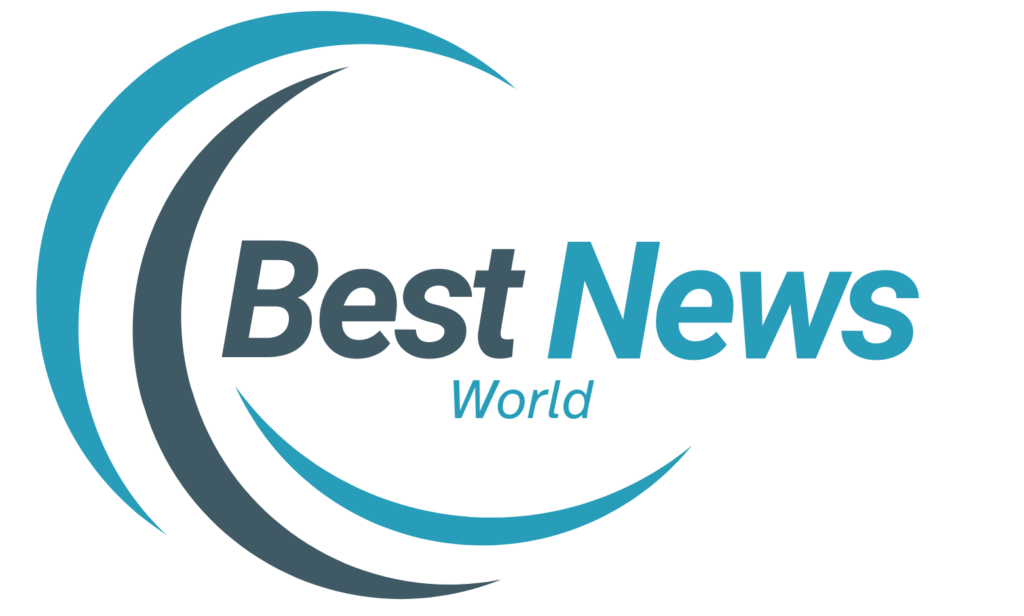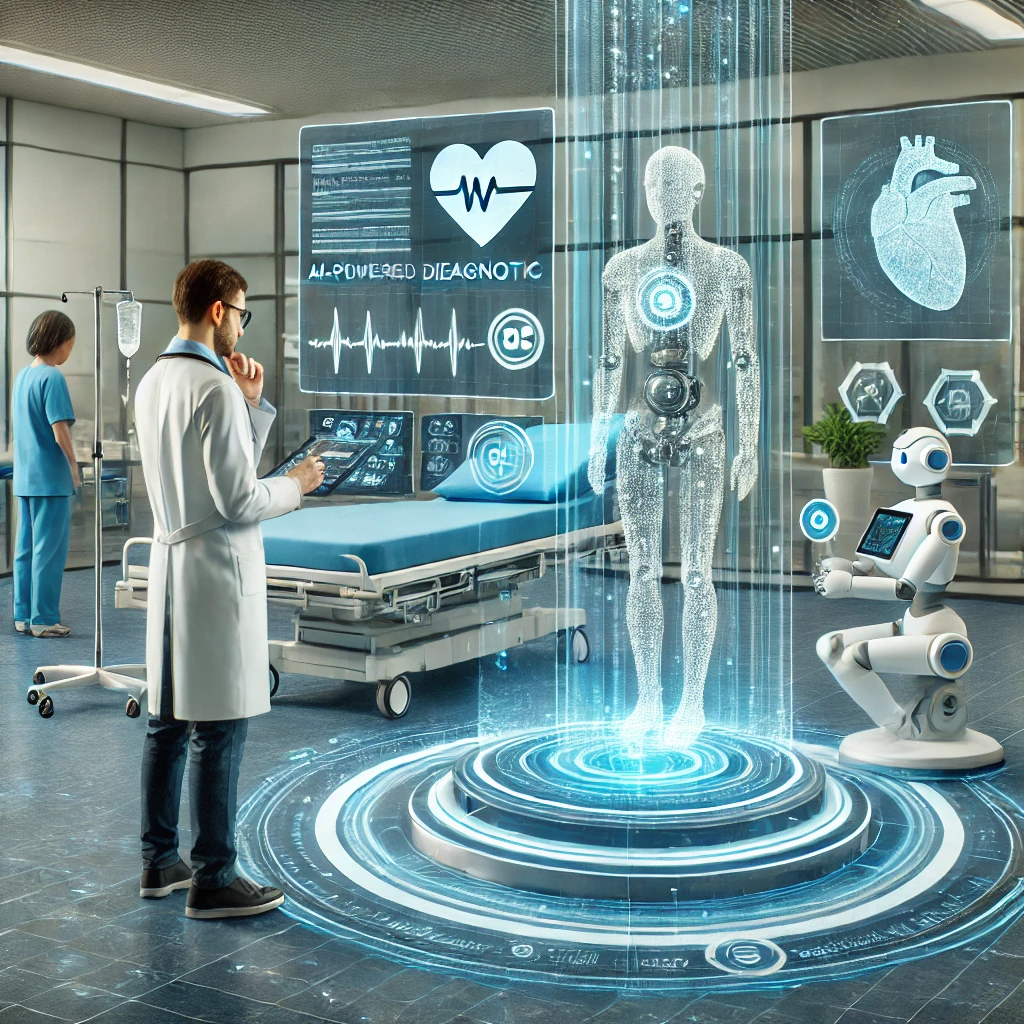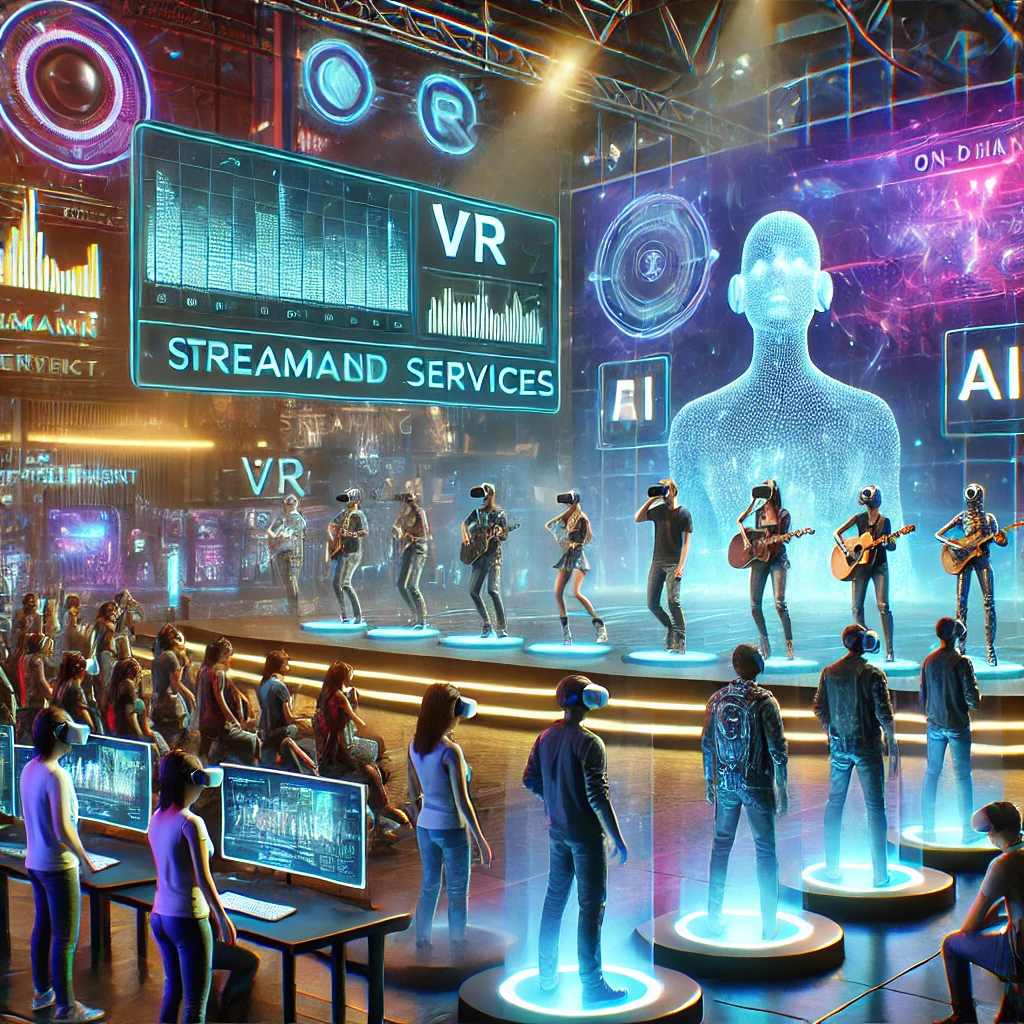Healthcare is one of the most critical aspects of human life, affecting individuals, communities, and entire nations. With advancements in technology, medical research, and policy changes, the healthcare industry is continuously evolving. However, challenges such as accessibility, affordability, and quality of care still persist. This article explores the current state of healthcare, innovations shaping the industry, challenges faced, and the future of medical services.
The Evolution of Healthcare
The healthcare industry has undergone significant transformations over the past century. From the development of vaccines and antibiotics to the establishment of modern hospitals and advanced surgical procedures, medical science has progressed rapidly. The introduction of universal healthcare systems in many countries has improved access to medical services, yet disparities remain.
Key milestones in healthcare evolution include:
- The discovery of antibiotics (1928): Revolutionized the treatment of bacterial infections.
- The development of vaccines: Helped eradicate diseases such as polio and smallpox.
- Advancements in medical imaging: Technologies like MRI and CT scans improved diagnosis and treatment.
- Telemedicine: Enabled remote consultations, especially beneficial during the COVID-19 pandemic.
Innovations Shaping Modern Healthcare
With the integration of technology, healthcare is becoming more efficient and personalized. Several innovations are transforming the industry, including:
1. Artificial Intelligence (AI) and Machine Learning
AI is revolutionizing diagnostics, patient care, and medical research. Machine learning algorithms analyze vast amounts of data to detect diseases early, predict patient outcomes, and assist doctors in decision-making. AI-powered chatbots and virtual assistants are also improving patient engagement.
2. Telemedicine and Remote Patient Monitoring
Telemedicine has gained significant traction, especially during the COVID-19 pandemic. Patients can now consult doctors from the comfort of their homes, reducing the burden on hospitals. Wearable devices and remote monitoring systems help track vital signs and chronic conditions in real-time.
3. Precision Medicine
Traditional treatments follow a “one-size-fits-all” approach, but precision medicine tailors treatments based on an individual’s genetics, lifestyle, and environment. Genetic testing helps doctors determine the most effective treatments for specific conditions, such as cancer and rare diseases.
4. Robotics in Surgery and Healthcare
Robotic-assisted surgeries offer greater precision, minimal invasiveness, and faster recovery times. Robots are also used in rehabilitation, elderly care, and pharmaceutical manufacturing.
5. Blockchain for Medical Records
Blockchain technology enhances data security, ensuring that patient records remain confidential and tamper-proof. This improves interoperability among healthcare providers, reducing medical errors and fraud.
Challenges Facing the Healthcare Industry
Despite technological advancements, healthcare faces several challenges:
1. Rising Healthcare Costs
The cost of medical treatments, prescription drugs, and insurance premiums is increasing, making healthcare unaffordable for many. In countries without universal healthcare, millions struggle to access basic medical services.
2. Shortage of Healthcare Professionals
Many regions face a shortage of doctors, nurses, and specialists, leading to long wait times and inadequate patient care. The growing demand for healthcare services, coupled with burnout among medical professionals, exacerbates this issue.
3. Health Inequalities
Disparities in healthcare access exist based on socioeconomic status, geography, and ethnicity. Rural areas often lack healthcare facilities, and marginalized communities face barriers in receiving quality medical care.
4. Data Privacy and Cybersecurity Risks
With the digitization of medical records, the risk of cyberattacks and data breaches increases. Healthcare organizations must implement robust security measures to protect patient information.
5. Emerging Infectious Diseases
The COVID-19 pandemic highlighted the vulnerability of global healthcare systems. New infectious diseases, antimicrobial resistance, and climate change-related health risks continue to pose threats.
The Future of Healthcare
The future of healthcare is promising, with advancements aimed at improving patient outcomes, reducing costs, and enhancing accessibility. Some key trends include:
1. Personalized and Preventive Healthcare
Advancements in genomics, AI, and wearable technology will enable early disease detection and prevention, shifting the focus from treatment to proactive healthcare management.
2. Integration of Big Data and Predictive Analytics
Analyzing large-scale healthcare data will help identify trends, predict disease outbreaks, and optimize resource allocation in hospitals.
3. Expansion of Telehealth Services
Virtual consultations, remote diagnostics, and digital therapeutics will continue to grow, making healthcare more convenient and accessible.
4. Advancements in Regenerative Medicine
Stem cell therapy, tissue engineering, and gene editing hold the potential to treat previously incurable diseases and repair damaged organs.
5. Sustainable and Green Healthcare Practices
Healthcare institutions are adopting eco-friendly practices, such as reducing medical waste, using renewable energy, and implementing sustainable supply chains.
Conclusion
Healthcare is undergoing a remarkable transformation, driven by technology and innovation. While challenges remain, advancements in AI, telemedicine, precision medicine, and robotics are improving patient care and outcomes. Addressing issues such as rising costs, health inequalities, and data security will be crucial in shaping a more equitable and efficient healthcare system. As we move forward, a collaborative approach between governments, medical professionals, and technology experts will be essential in creating a healthier future for all.






